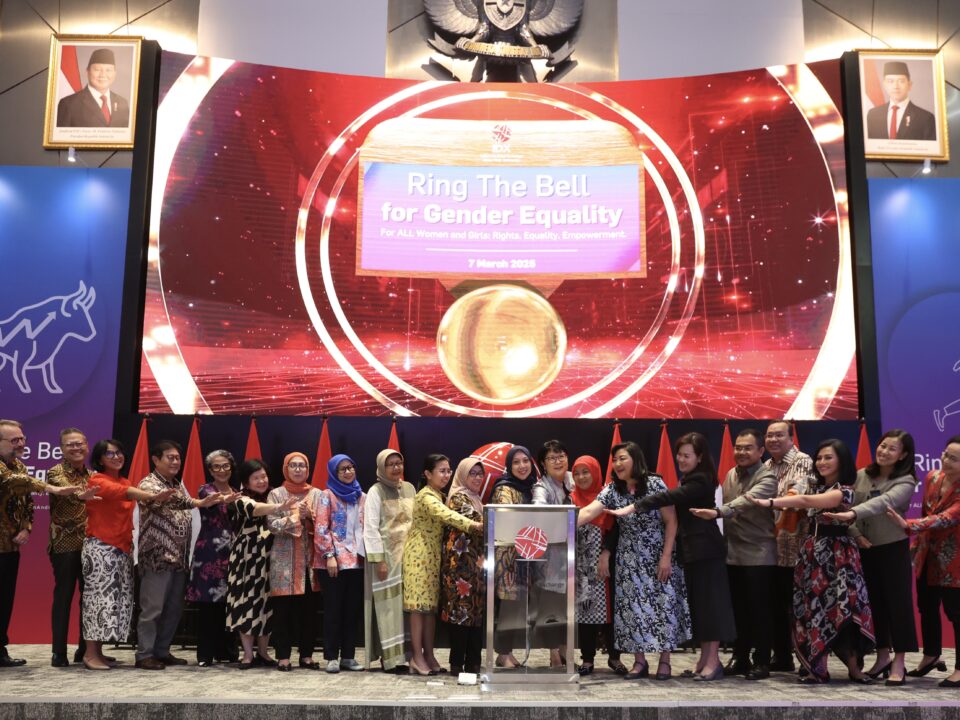
Becoming A Leader 101
December 24, 2023
Tokyo 2020 Olympics, Has It Really Achieved Gender Equality?
December 24, 2023Gender intelligence is knowing how to work better with people of the opposite gender. It understands and appreciates the natural differences between women and men that transcend biological differences such as family, educational, cultural and environmental influences.
Gender Intelligence does not ignore or simply tolerate differences but celebrates, embraces, and understands ways to harness the potential of each gender to increase productivity, innovation, decision making, and growth. Gender Intelligence is a way to not only bring more women into the organization but also make sure they want to stay.
How to be someone who has Gender Intelligence at work?
Read & reflect
Some books that can be recommended are Barbara Annis is the CEO of the Gender Intelligence Group and the pioneer of this phrase and Joanne Lipman is a journalist and editor who packs a lot of research and insights that are relevant to the topic.
Practice
Focus on a few simple practices that can be done every day but can have a cumulative impact over time.
1. Listen more, speak less
Communication is one of the most common blindspots between men and women at work.
As The New York Times reported last summer, “Academic studies and countless anecdotes make it clear that being interrupted, talked over, shut down, or penalized for speaking out is nearly a universal experience for women when they are outnumbered by men.”
Further, as Forbes reported this past January, numerous studies “have shown that men interrupt women at work nearly 33% more and also speak more when women are in the room as a projection of their dominance and power.”
One way to deal with this is to focus on active listening and reduce – as much as possible – the number of times you interrupt coworkers. Often we blind our own behavior in everyday interactions at work.
2. Learn
Gender-intelligent leaders are lifelong learners and encourage that in others at every level. When they don’t know or understand something, they ask. They seek explanations from men and women, demonstrating humility and curiosity. They also consistently seek out constructive feedback, not just in how they interact at an interpersonal level, but also in what they put into writing—which is the bulk of business communication.
3. Lead
Women and men complement each other, especially when it comes to understanding and appreciating differences in levels of Gender Intelligence. Begin to look and dig deeper into each difference to find strengths or opportunities for improvement. This can also correct the stereotypes that spread in the social and workplace circles.
Practice using the Gender Intelligence: The Workplace Game-Changer logbook from everywomen.com here.
Speak up!
After listening and practicing, you can begin to notice how often these stereotypes appear in casual conversations, e-mails, memos or other communications, and then be willing to correct or speak out to correct them without biasing either gender.
Balanced gender representation must be achieved in education, business and government. Not only equalizing numbers but also achieving gender equality. To achieve this goal, it is necessary to see that women and men are complementary individuals.
With differences, we must learn how to recognize, appreciate and take advantage of differences. It can start from yourself, every day, from small to big steps in interacting at work because everyone can have Gender Intelligence if they have the courage to listen, learn and speak up.
28 July 2021
Tiara Tri Hapsari
Sources
1 https://www.genderintelligence.com/what-is-gender-intelligence/
2 https://www.hult.edu/blog/be-more-gender-intelligent-at-work/





